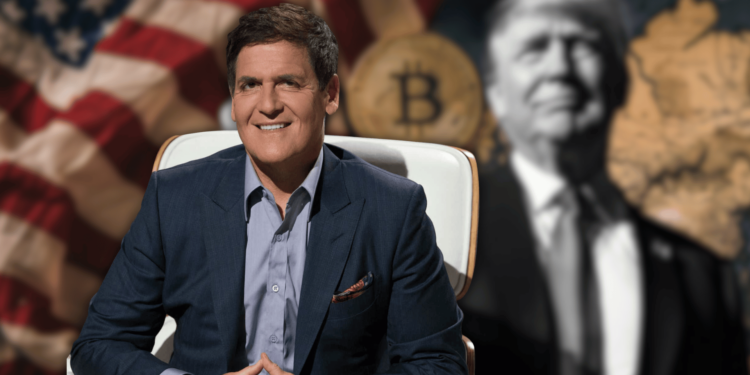- Mark Cuban critiques Donald Trump’s transactional approach to politics, suggesting business leaders support him financially to influence policies in their favor, particularly in the cryptocurrency space.
- Cuban alleges that significant donations are being made to Trump with the aim of passing favorable crypto policies, undermining ethical governance.
- Cuban has shifted his political support from Trump to Vice President Kamala Harris, citing her more stable and open-minded approach to governance.
Billionaire investor Mark Cuban recently shared his thoughts on Donald Trump, cryptocurrency, and the power that large crypto holders have to influence policy. Cuban argued that Trump’s political endorsements are transactional and can be swayed by significant donations.
The Transactional Nature of Trump’s Politics
Cuban pointed out that many business leaders are backing Trump so they can manipulate him to pass favorable policies in the future. He described Trump as “transactional,” suggesting donations are being made that could lead to the passing of advantageous legislation. This raises concerns about the integrity of political endorsements and the extent financial power can dictate governance.
While Cuban supports cryptocurrency and its potential, he worries Bitcoin whales can sway Trump’s crypto views to align with their interests rather than the public’s. Cuban believes considerable donations have already been made to manipulate Trump on crypto policy.
Shift in Political Support Away from Trump
More broadly, Cuban has shifted his support away from Trump and now favors Vice President Kamala Harris. He believes Harris represents a more stable and open-minded approach to governance that could benefit the general public, not just business owners. Cuban’s changing endorsement reflects a trend of entrepreneurs re-considering their political affiliations.
The Challenge of Crypto Whales Influencing Policy
Cuban’s comments highlight a critical issue where major crypto players attempt to shape regulations in their favor. This poses a challenge for the crypto industry seeking legitimacy and mainstream adoption. Regulators must be wary of policies only benefiting certain groups rather than the broader public.
Conclusion
Cuban’s critique of Trump’s transactional politics and the power of crypto whales highlights risks of financial influence undermining ethical governance. As cryptocurrency gains traction, regulators face the challenge of balancing innovative technology with policies serving the greater good.














